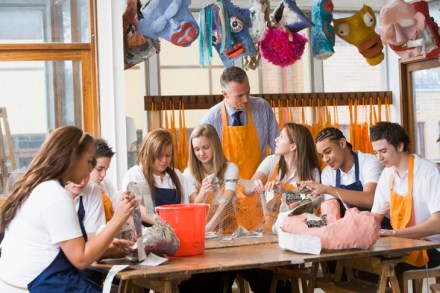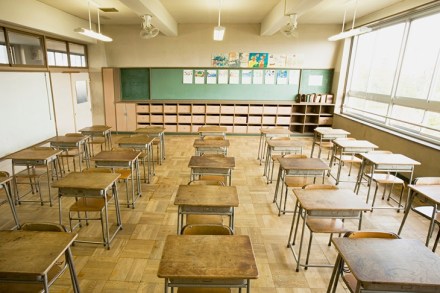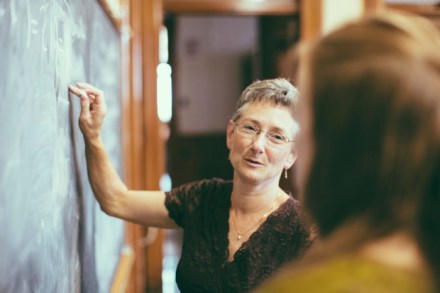Letters | 9 March 2017
On Scottish independence Sir: Alex Massie writes of the order permitting a second Scottish independence referendum: ‘Having granted such an order in 2014, it will be difficult to refuse Mrs Sturgeon’s demand for another’ (‘Back into battle’, 4 March). Surely that is precisely why Mrs May should refuse another? It was the SNP who described the 2014 vote as a chance in a lifetime. The only thing way in which Brexit could have changed matters is if it had been a fundamental and unforeseeable upset. Alex Massie, from this and his previous writings, clearly believes it was. But the Conservatives, at the time of the Scottish vote, had promised to



















